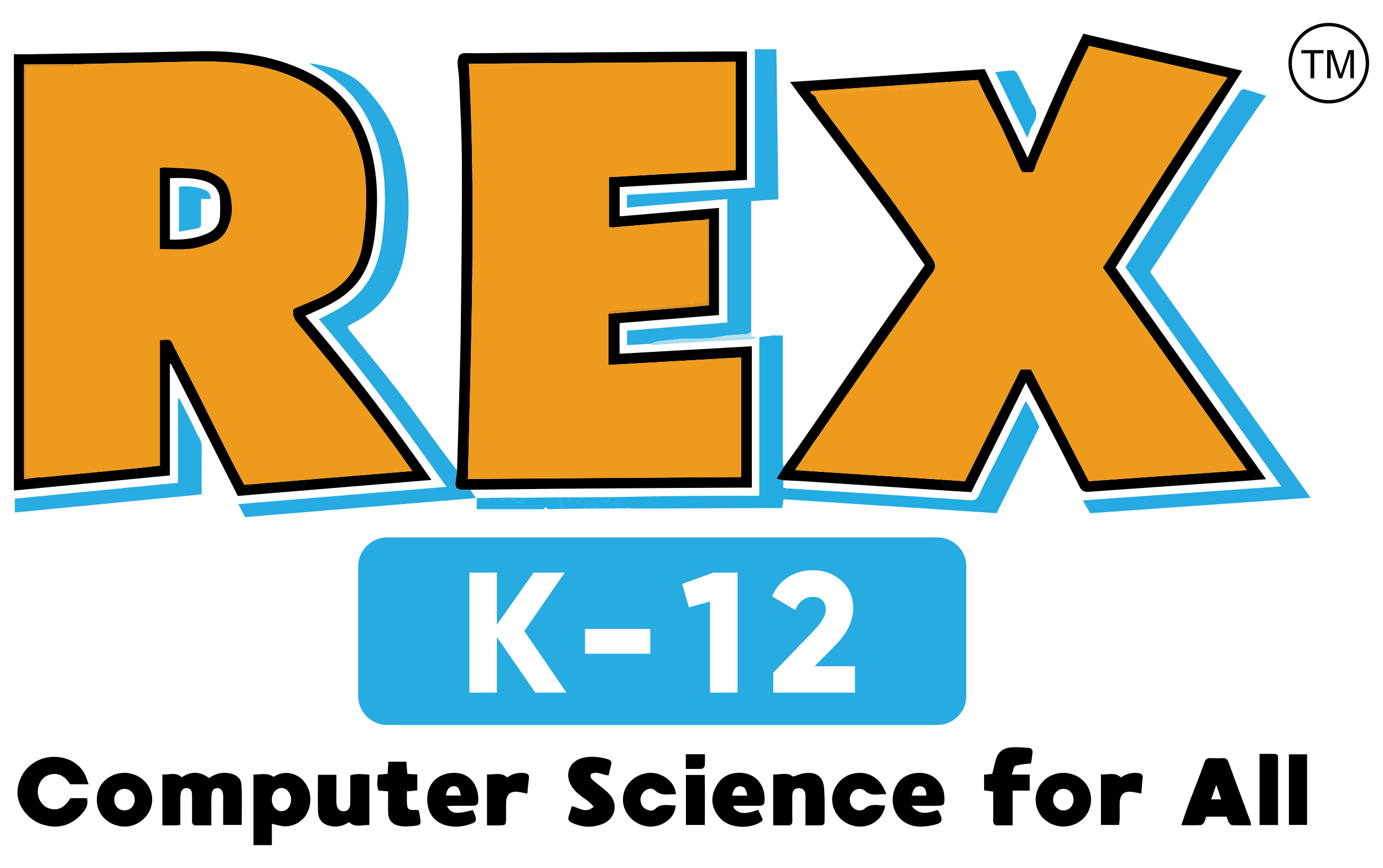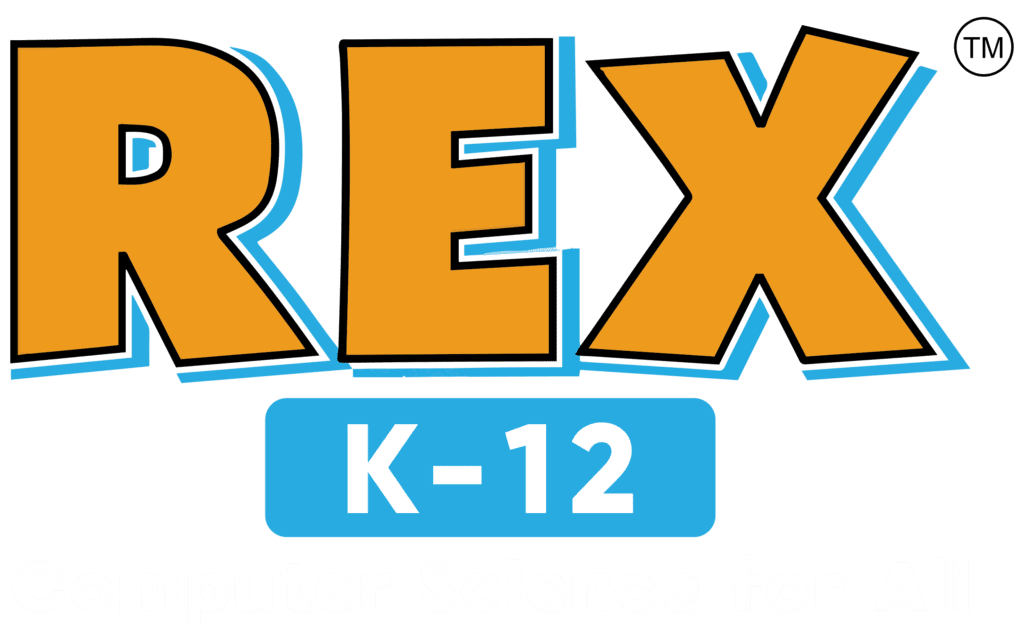The Top Computer Science Resources for Teachers
In the ever-evolving field of computer science education, having the right resources is crucial for success. Whether you aim to teach K-12 computer science classes, hire a K-12 computer science teacher, or develop a robust K-12 computer science curriculum, diverse resources can enhance your teaching and inspire students. Here are the top computer science resources for teachers, encompassing books, tools, professional development opportunities, coding clubs, and university partnerships.
- Books and Textbooks
-
- “Computer Science Illuminated” by Nell Dale and John Lewis: This textbook provides a comprehensive introduction to computer science, covering key concepts and theories. It’s an excellent resource for both teachers and students.
- “Python for Kids” by Jason R. Briggs: This book makes learning Python fun and accessible for younger students. It’s a great addition to any K-12 computer science curriculum.
- “Artificial Intelligence: A Guide for Thinking Humans” by Melanie Mitchell: This book offers an approachable introduction to AI concepts, making it a valuable resource for integrating an AI curriculum into your lessons.
- Physical Kits and Tools
-
- Raspberry Pi: This affordable, credit-card-sized computer is perfect for teaching programming and electronics. Raspberry Pi projects can be integrated into the classroom to provide hands-on learning experiences.
- Arduino Kits: Arduino offers open-source electronic prototyping platforms. These kits help students learn about circuits, programming, and engineering.
- Micro:bit: This tiny programmable computer can be used to teach coding and physical computing. It’s a great tool for engaging students in interactive projects.
- Professional Development Workshops and Conferences
-
- ISTE Conference & Expo: The International Society for Technology in Education (ISTE) conference is a great place for teachers to learn about the latest trends and tools in computer science education.
- CSTA Annual Conference: The Computer Science Teachers Association (CSTA) conference offers professional development opportunities and resources for teaching computer science.
- Code.org Professional Learning Programs: These programs provide in-depth training for teachers, helping them effectively teach computer science concepts.
- Local and Online Coding Clubs
-
- CoderDojo: This global network of free, volunteer-led, community-based programming clubs for young people offers a great way to provide hands-on coding experience.
- Girls Who Code: This organization aims to close the gender gap in technology. It provides free after-school programs for middle and high school girls.
- Hour of Code: This initiative provides a one-hour introduction to computer science and programming, helping to demystify coding and broaden participation.
- University Partnerships
Many universities offer outreach programs, workshops, and courses designed to support K-12 computer science education. Partnering with a local university can provide valuable resources, expertise, and opportunities for students and teachers alike. These partnerships can also help prepare students for a high school computer science career professional certification.
Across the board, these diverse resources provide valuable tools and materials for teachers looking to enhance their computer science curriculum. By leveraging these resources, educators can offer engaging and comprehensive computer science education that prepares students for future academic and career success. Whether you’re aiming to teach K-12 computer science classes, develop an advanced AI curriculum, or support students in earning a high school computer science career professional certification, these resources will help you achieve your goals and inspire the next generation of tech innovators.












